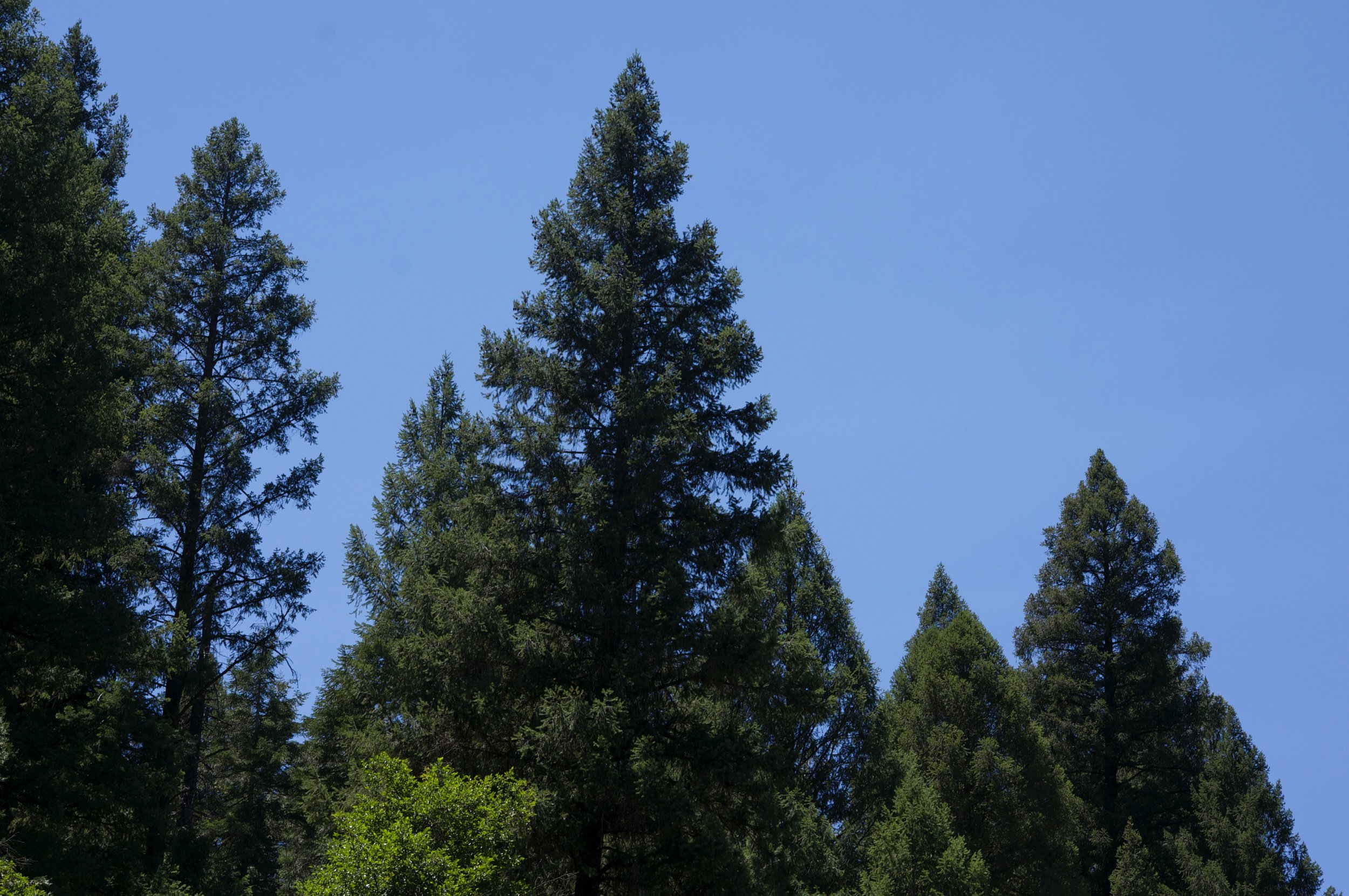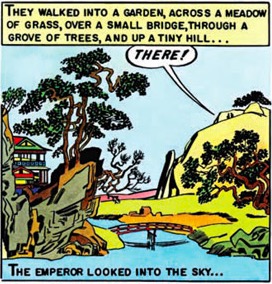Taking Dinosaur Jr. Camping
I put on Green Mind today, playing it on my phone while driving. Listening to it transports me back to 1991. I could feel the cheap foam headphone covers sitting on my ears as I fold and unfold the tiny liner notes from the cassette. I would stare at the cover photo during the solos and guitar noodling, and read and reread the text inside. I am sitting at a campsite in Yosemite, massive evergreens providing shade from the blue sky summer heat. J Mascis’s raspy yelp providing voice to my teenage insecurities. I can hear the cl-clack of the Walkman reversing to play side two and when I take the headphones off, there are serene whispers from the river and wind and squirrels and birds. Listening to the album over and over again, as only a teenager is capable, it feels as peaceful to me as the woods I am witnessing.
Yosemite, 2014
This Yosemite campsite has been a part of my life as few other places have. I was first brought here as a baby before my memories even began, and now bring my own children here. It is one of the few places on the earth that I don’t need a media distraction to survive. I can sit on the bank of the river, or better yet, float in it, and be enveloped by nature. I have never meditated in my house for more than a few minutes, but I can settle into a relaxed reverie among the leaves and needles and sounds and let the world outside disappear. I couldn’t tell you what was on the walls of my bedroom until I was twelve, but I can visualize for my kids the fourteen-foot-round boulder that was destroyed in the high waters and rolling rocks after 1998’s monstrous snowfall melt pushed coercive forces downstream.
J Mascis seems like an artist I can relate to, even if the irony was that if I have the chance to meet him, I may not bother him and he would likely be happy about that. I liked that he didn’t bother putting his picture on record covers. I enjoy singers who don’t seem beholden to vocal consistency. I love the ragged nature of of the voices of Tom Petty, Laura Jane Grace and Kathleen Hanna. It’s partly because I can relate to how they made those sounds. I could maybe, on a good day, create a warble that could sound like that, whereas I could never make a sound like Roy Orbison or Aretha Franklin or Mariah Carey. I can’t identify instruments in an orchestra, but guitar, bass, and drums are within my mental grasp. J Mascis has a voice that I love singing along with.
This was my first Dinosaur Jr. album and I could see the control issues. "Guitar, J Mascis. Bass, J Mascis. Most drums, J Mascis. Produced by J Mascis". DIY with a boldfaced capitalized underlined Yourself. When you’re a teenager that can find few to relate to, that solitude is welcoming.
I’ve always been happiest when asking questions. Answers leave little mystery to uncover and seldom satisfy, but questions are eternal. Any answer can be followed with a question. The first chorus on Green Mind is a question, and goddammit if that didn’t resonate with me.
We’re all nuts, so who helps who?
Some help when no one’s got a clue
Baby, why don’t we?



